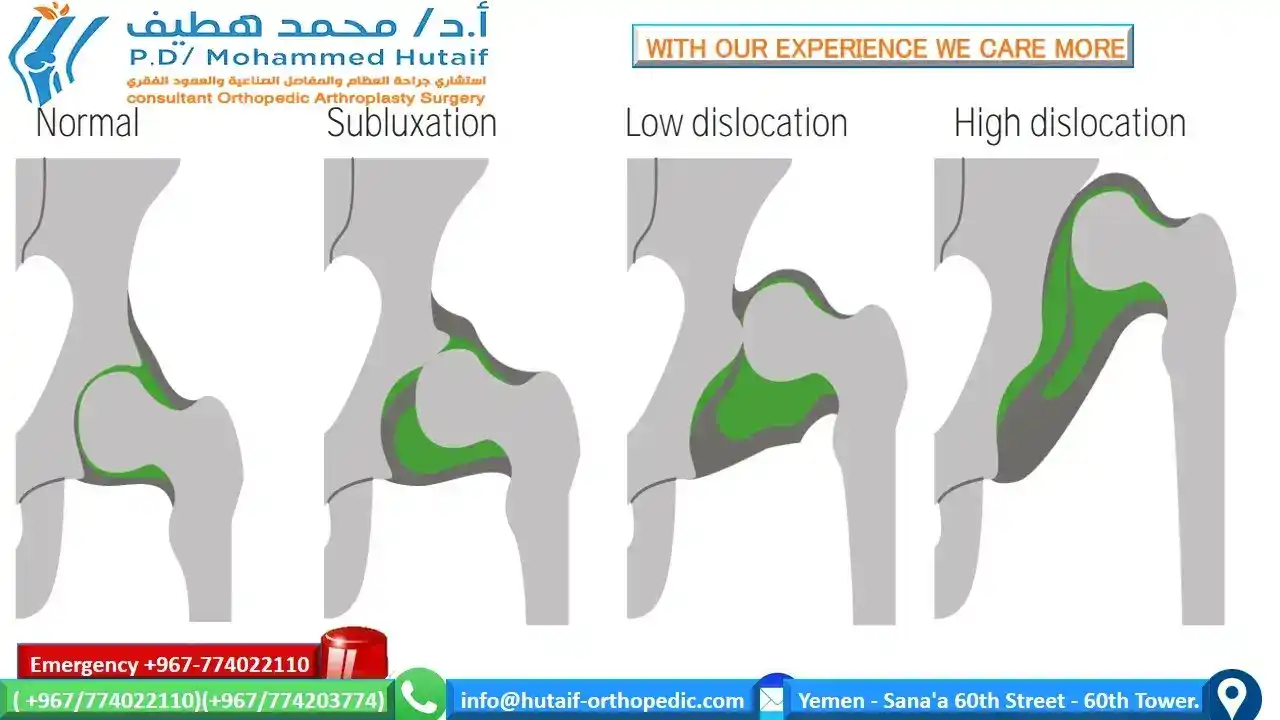Hip Dysplasia-Causes-Risk factors
Developmental Dislocation (Dysplasia) of the Hip (DDH)-Causes-Risk factors
- Girls
- Firstborn children
- Babies born in the breech position (especially with feet up by the shoulders). The American Academy of Pediatrics now recommends ultrasound DDH screening of all female breech babies.
- Family history of DDH (parents or siblings)
- Oligohydramnios (low levels of amniotic fluid)
|
Clinical recommendation |
Evidence rating |
References |
|
Risk factors for DDH should be identified in all children. |
C |
1 |
|
A careful physical examination is the basis for screening for DDH. |
C |
1 |
|
Ultrasonography should be ordered for infants six weeks to six months of age to clarify a clinical finding suggestive of DDH, assess a high-risk infant, and monitor DDH as it is observed or treated. |
C |
1 |
|
DDH = developmental dysplasia of the hip. |
||
|
A = consistent, good-quality patient-oriented evidence; B = inconsistent or limited-quality patient-oriented evidence; C = consensus, disease-oriented evidence, usual practice, expert opinion, or case series. For information about the SORT evidence rating system, see page |
||
IN This Artical
next page:
Reference
1-Committee on Quality Improvement, Subcommittee on Developmental Dysplasia of the Hip. American Academy of Pediatrics. Clinical practice guideline: early detection of developmental dysplasia of the hip. Pediatrics. 2000;105(4 pt 1):896-905.



